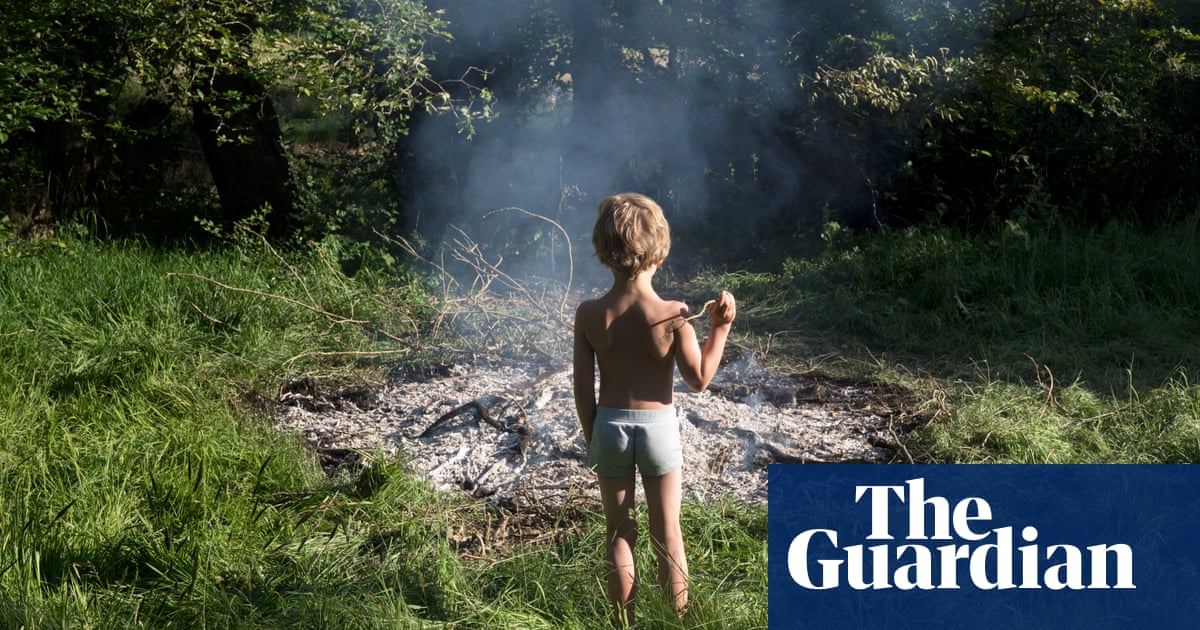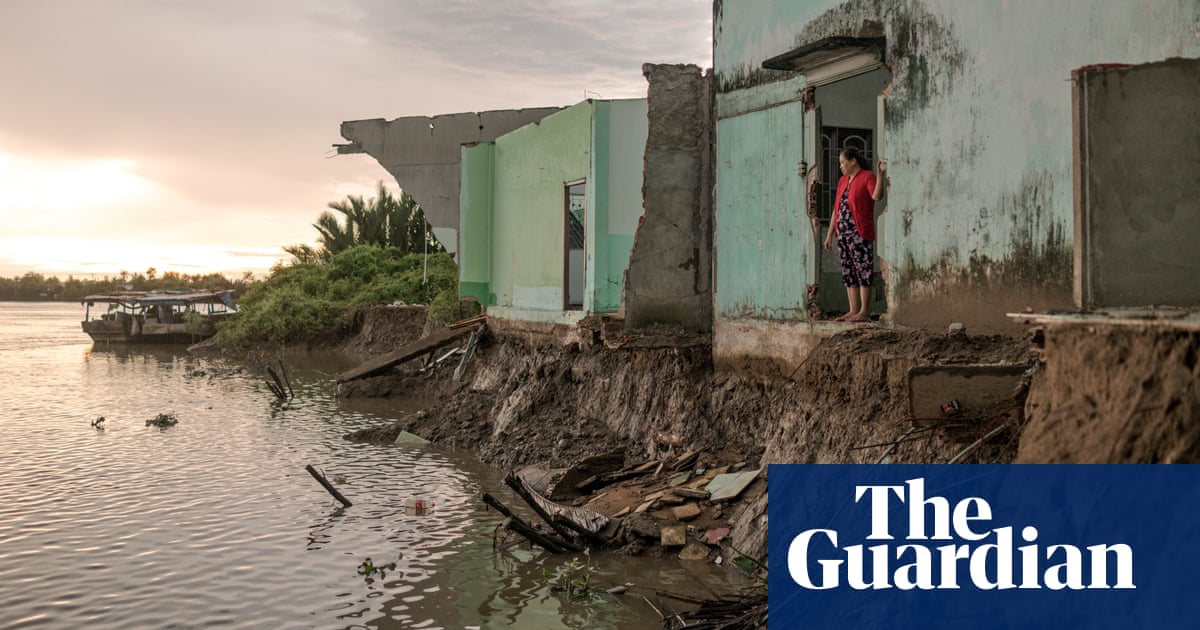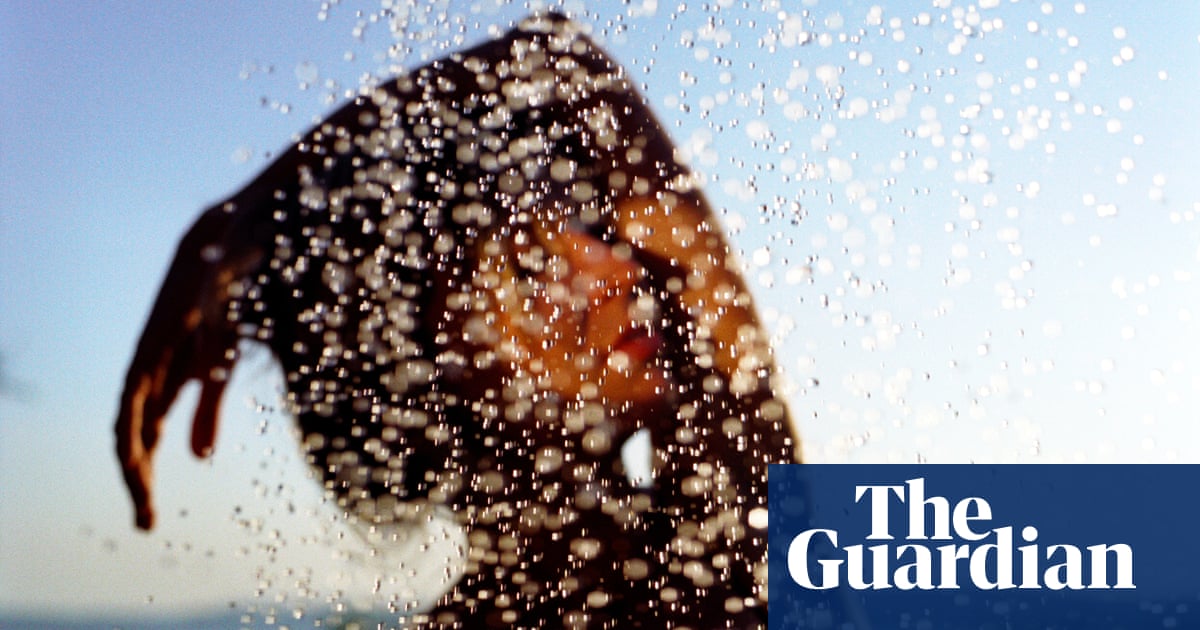
In May 2020, not long after we went into lockdown, the Royal Albert Memorial Museum in Exeter commissioned me to take photographs responding to its wonderful seed collection. The shots were to accompany a touring exhibition called Seedscapes: Future-Proofing Nature, about global efforts to save plants from extinction.
Throughout the following summer and autumn, I took pictures that became the series A Language of Seeds. I’m lucky enough to live on the edge of Dartmoor, where my husband has created a beautiful vegetable garden. The commission was an opportunity to meditate on that: every day, I would try to find something new. It encouraged me to think about my immediate environment in a wider context, in political terms, rather than just the idea of a garden being something you use to escape from the world.
It was important for me to have a human presence: friends and family feature in many of the images. I was particularly keen to include children. They are currently witnessing this man-made climate crisis and will ultimately inherit it. None of the images were set up, though: they’re very much part of my life. This one is of Joseph, my husband’s godson. I was quite moved by that moment, the stillness of him as he was staring into the remains of the fire.
It was taken during that wonderful period of hot weather we had at the beginning of the first lockdown. We were down by the river, where we’ve got this makeshift sauna, like a little sweat lodge. We’d all been in it and there had been a fire burning outside. Joseph was standing by it as I came out – and I grabbed my camera.
There are ideas of generation in there, the sense that it’s yesterday’s fire he’s looking into, smouldering away. He’s in this verdant world and I like that you can’t see his feet. It’s almost like he’s growing out of the earth, very much in the earth itself. It kind of reminds me of the Greek myth of Apollo and Daphne, when Daphne’s turning into a tree. I also love that he’s got a stick in his hand, like a little wand, making me think of magic. For me, magic is about transformation. He’s looking into this black and silvery pool, which was once a fire. I enjoy the notion that it’s almost like a black mirror, that he can see something we can’t.
I worked with this amazing woman on Dartmoor called Jessie Watson Brown, who does all kinds of incredible things, such as deerskin tanning. She pointed me to the idea that humans are creatures of fire. It may be a poetic idea rather than a scientific one, but I was intrigued by the fact that no other animal creates the element that supports its life and survival. Water is there for fish to swim through, air is there for birds to fly through, but we make fire – and the way we go forward with this need is key to our place in the future. So that is obviously a potent part of the picture.
In the place where Joseph is standing, where he’s looking beyond the fire, a beaver lodge is now being built. It’s exciting and beautiful, an important part of the area where I live. It’s vital for me to connect with the idea that we are part of nature, that we need to embrace our interconnectivity with the multi-species world that sustains us. That seems the direction that feels most hopeful, given the frightening prospects we now face.
Léonie Hampton CV
Born: Watford, 1978.
Trained: UCL, SOAS, LCC- UAL, Assistant to Tom Stoddart
Influences: Andrei Tarkovsky, Joseph Beuys, Marina Abramović, Nan Goldin, Meredith Monk
High point: “Going to Egypt last year as part of the Still Moving artist collective, for Culture Cop27. I love that land and the people in it and I’m proud of the sculptures we made.”
Low point: “Digging a little too deep into personal trauma and ending up in hospital.”
Top tip: “Be authentic – cherish the photographs you make that you love, even if others don’t agree and don’t understand. It is highly likely that those photographs will become the foundation of your personal and collective work. Through them you can show others what they don’t already know.”
Léonie Hampton: A Language of Seeds is at the Thelma Hulbert Gallery in Honiton, Devon, until 4 March












